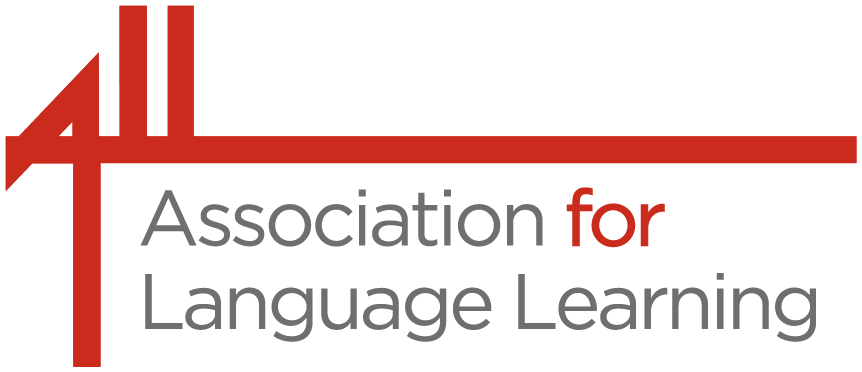The latest consultation from OFQUAL includes recommendations about the Speaking element of GCSE Languages in 2022.
The essence of the proposal is to revert to the arrangements in place before the need arose to create Speaking Endorsement arrangements in 2021 unless the progress of the Coronavirus pandemic requires another change.
Respond here :
The consultation will end on Friday 28 May.
Extract: GCSE modern foreign languages
For qualifications awarded in 2021, we made 2 changes to the assessment of GCSE modern foreign languages (MFL) qualifications: in relation to the use of vocabulary in assessments and the assessment of spoken language.
Use of vocabulary in assessments
We propose to carry forward to summer 2022 the changes we made in respect of the use of vocabulary. These changes allow awarding organisations greater flexibility by removing the specific requirement that exists in other years for the assessments to use vocabulary that is not on the vocabulary lists.
We believe that a decision on this is necessary at this time to enable exam boards to prepare examination materials.
The assessment of spoken language
For 2021, we removed the assessment of spoken language from the calculation of the overall qualification result (the 9 to 1 grade). Instead we put in place flexible requirements for the assessment of spoken language by teachers against common criteria. The teacher’s assessment of spoken language in 2021 will be marked on a 3-point scale – pass, merit, distinction (or not classified). The results will be reported separately alongside the 9 to 1 grade when results and certificates are issued.
In our consultation on the arrangements for students taking exams in 2021, teachers’ responses to our proposed MFL changes expressed concern that students’ achievements in oral skills would not count towards the final grade and that they would therefore wish to see a return the usual arrangements as soon as possible.
We agree that it is preferable to revert to the assessment of spoken language as part of the overall qualification grade as soon as possible. We currently anticipate that it will be possible to conduct speaking assessments in the normal way in 2022. Therefore, it will be reasonable to require exam boards to make separate speaking assessments available in 2022.
However, it is not possible to predict the course of the pandemic over the next year. It remains possible that public health restrictions will mean it is not practicable to conduct speaking assessments in the normal way.
In the circumstances, although we do not currently think it is appropriate to carry forward to 2022 the endorsement arrangements we put in place for spoken language assessment in 2021, we recognise that it might become necessary to do so.
We propose that:
- spoken language for GCSE MFL qualifications in 2022 will be assessed in the normal way so long as this remains practicable (other than the proposal outlined for the use of vocabulary)
- if it is not practicable to assess spoken language in the normal way in 2022, spoken language will be assessed by teachers using the endorsement approach set out in the 2021 Subject Level Conditions for GCSE MFL qualifications
- we will make a final decision whether or not it is practicable to assess spoken language in the normal way no later than 31 January 2022
In the interim, we will continue to make available the common criteria for the assessment of spoken language which were first published with the 2021 Subject Level Conditions. We encourage teachers to use the criteria during the course of study. This will ensure teachers are well prepared if it becomes necessary to assess spoken language in accordance with those criteria.
